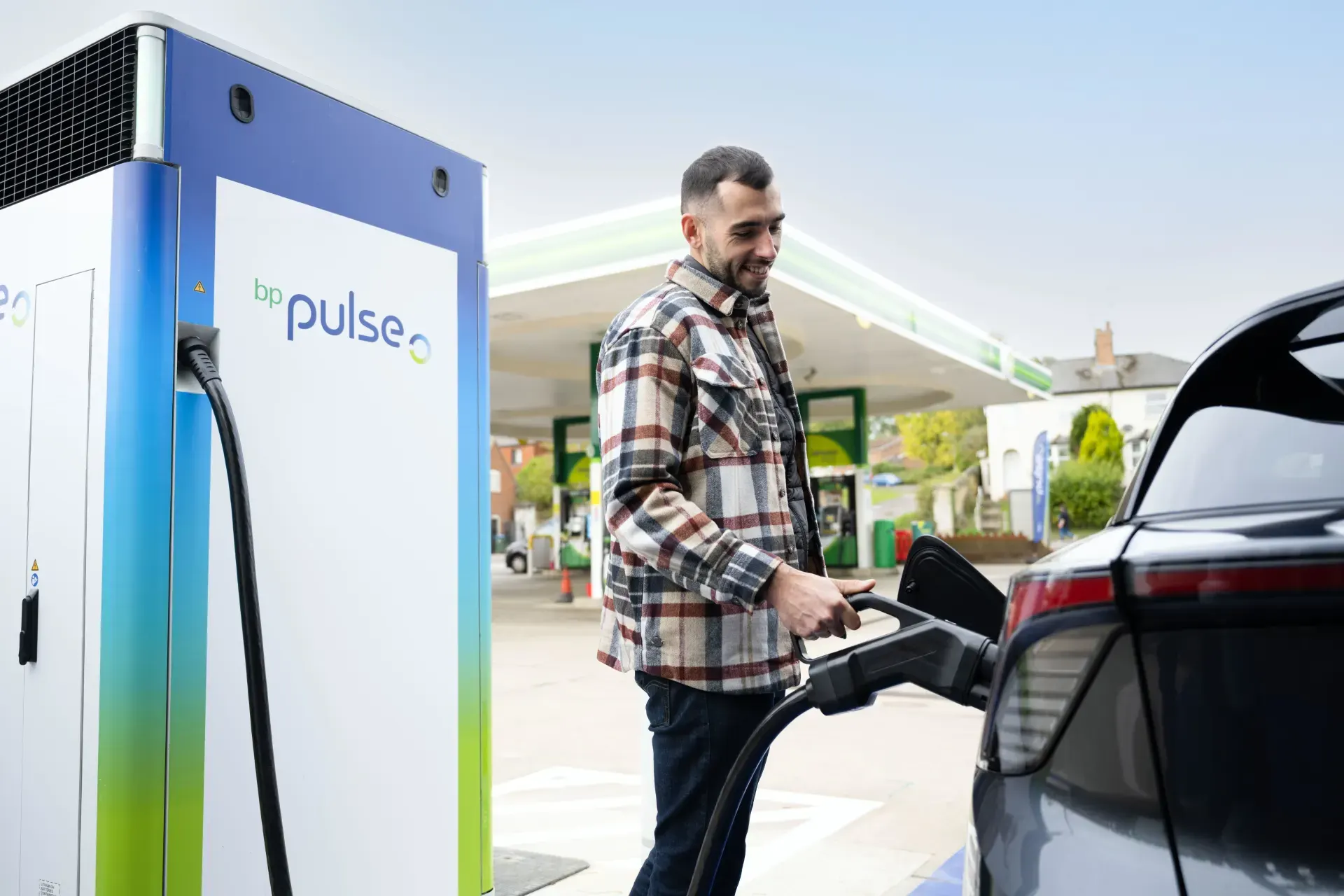How much does it cost to charge an electric vehicle at home?
The costs of charging an EV in a private property (e.g., at home) varies, depending on factors such as your energy provider and tariffs, vehicle battery size and capacity, type of home charge in place and so on. The typical household in the UK paying direct debit has unit rates for electricity around 34p per kWh The average EV battery capacity in the UK is around 40kWh. At average unit rates, charging a vehicle with this battery capacity could cost around £10.88 (based on charging to 80% of battery capacity, which most manufacturers recommend for daily charging to extend the life of a battery).
However, some cars have much bigger battery capacity, and a full charge will, therefore, be more expensive. Fully charging a car with 100kWh capacity, for example, could cost around £27.20 at average unit rates. Tariffs can vary, and some electricity providers might include variable tariffs, such as cheaper charging at less busy times of the day. The figures here are merely an example of potential costs; you should consult your electricity provider to determine prices for you.









